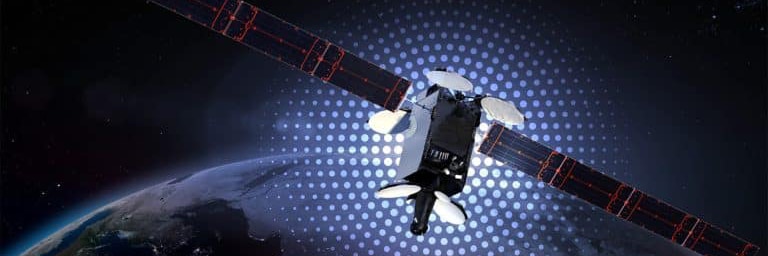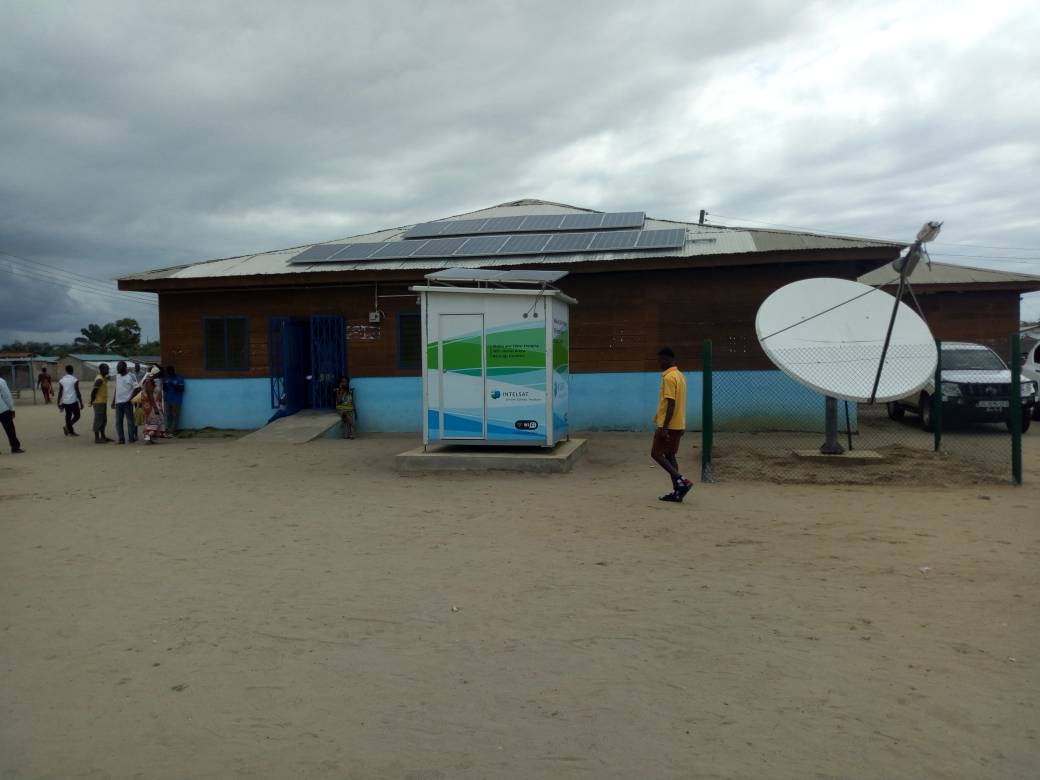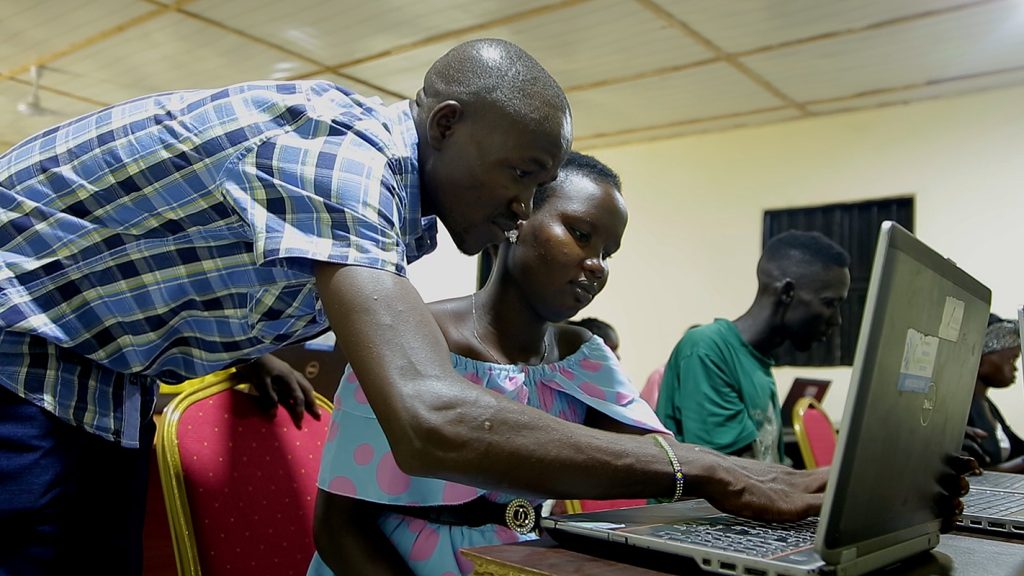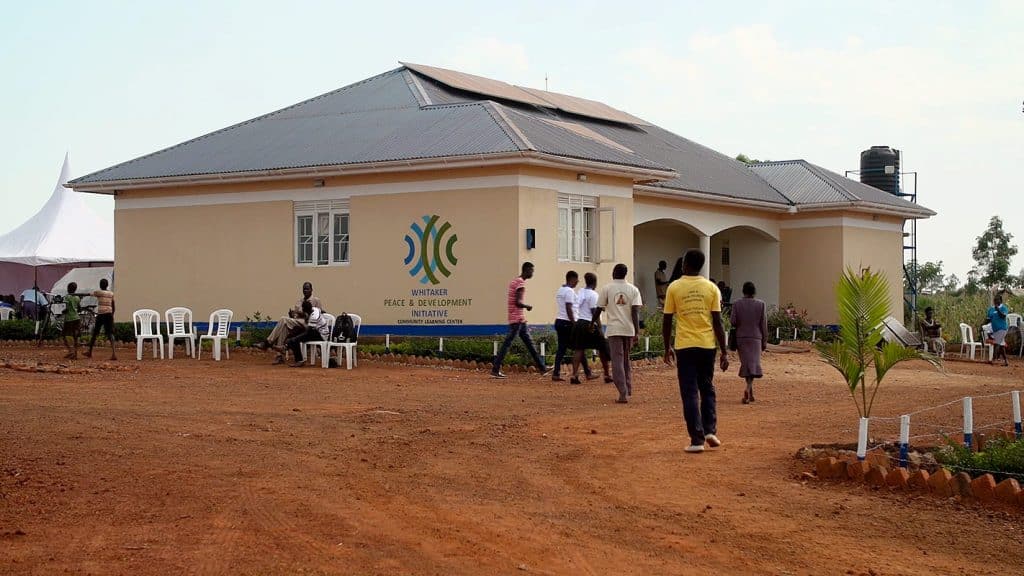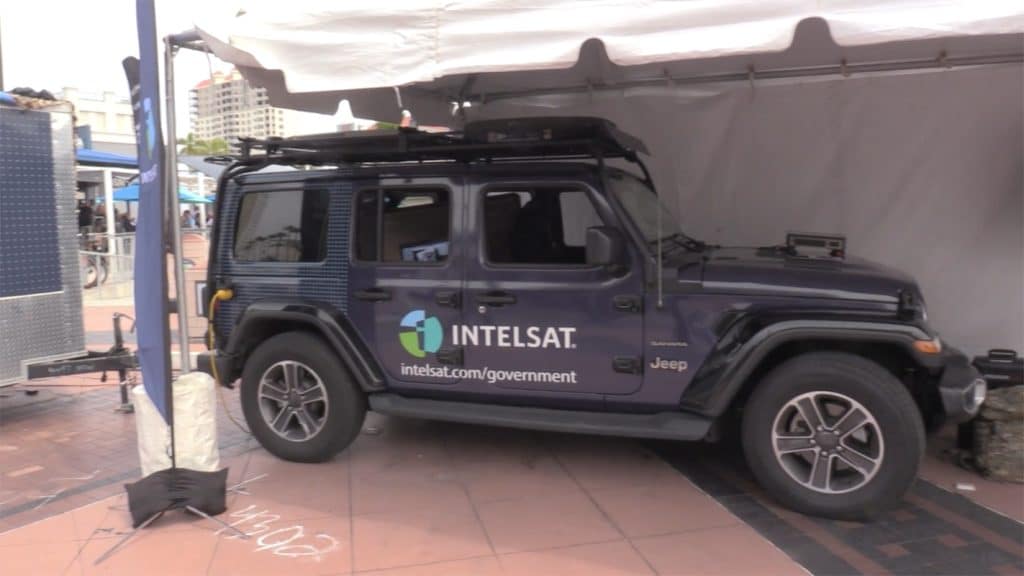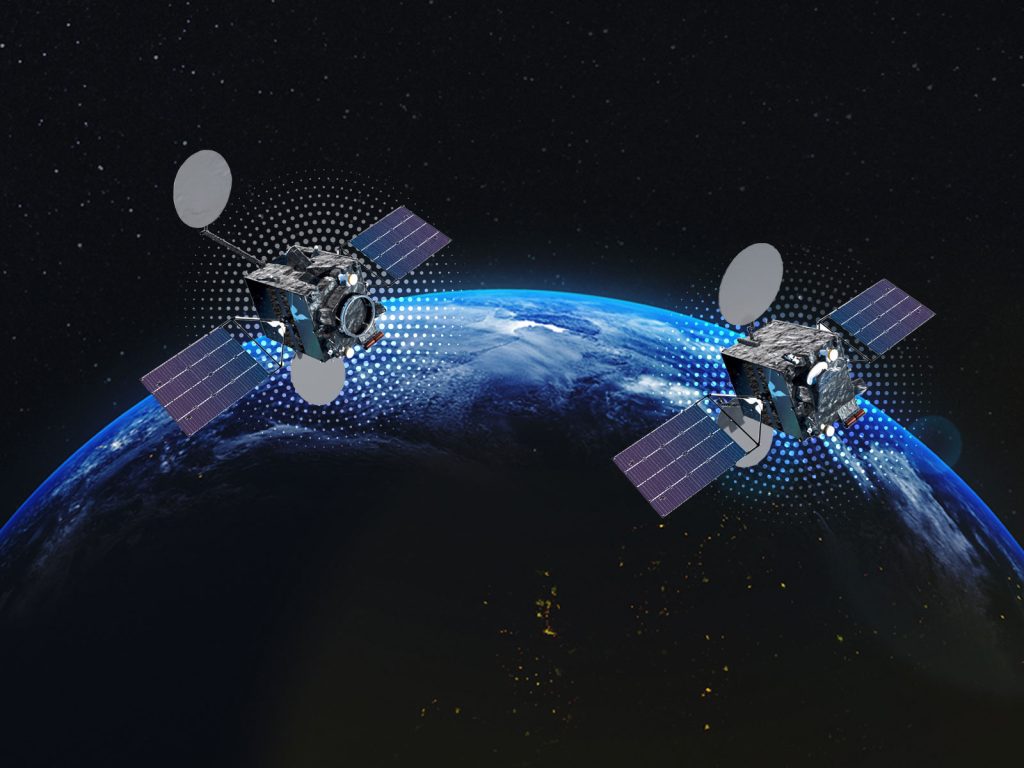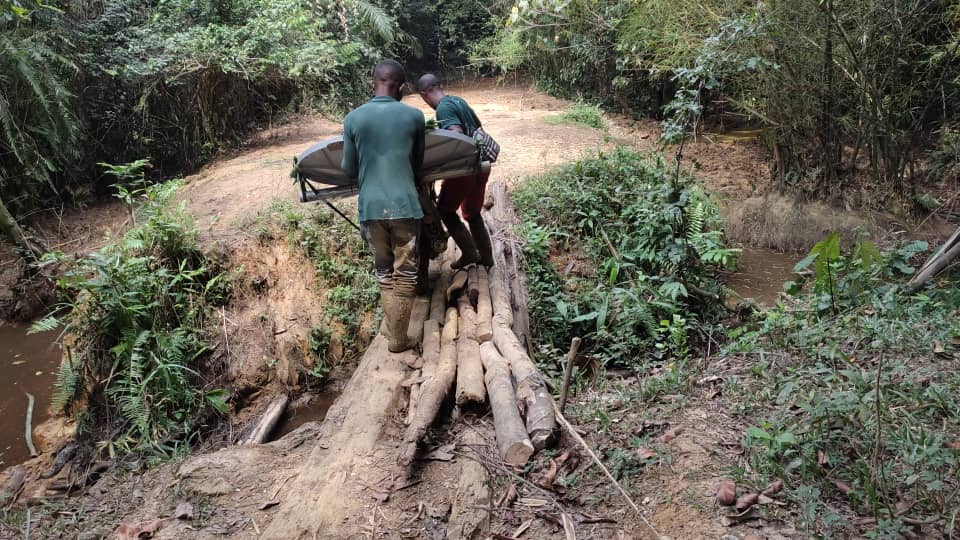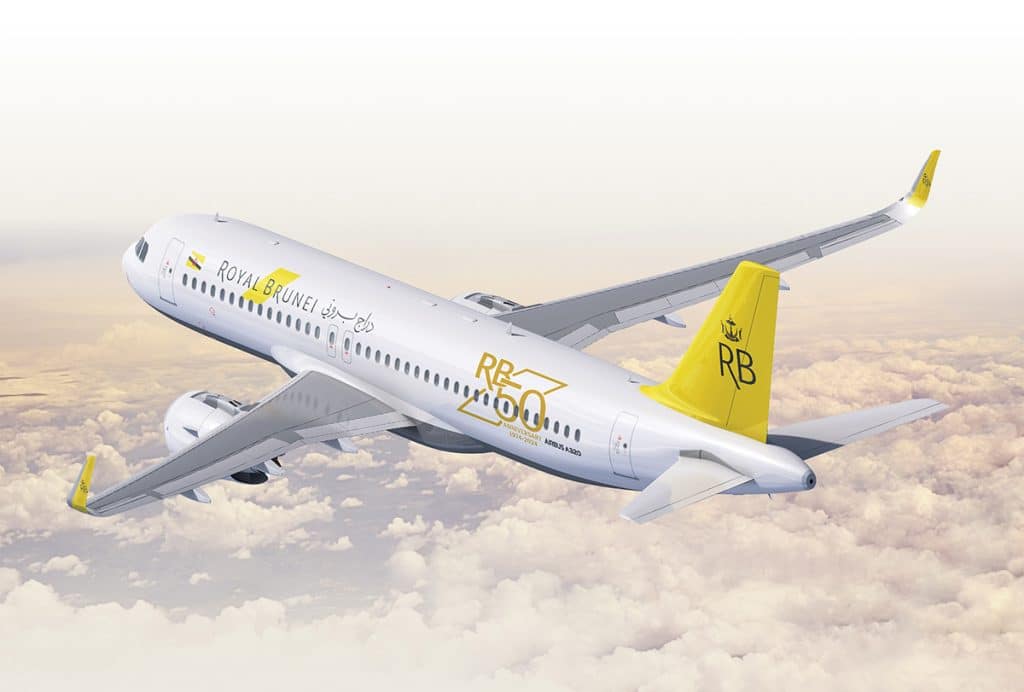New Service Models Will Expand Connectivity in Africa to Deliver the Benefits to More People
Broadband connectivity is essential to driving economic growth and bringing essential services to communities, and satellites are the best way to deliver this connectivity to remote regions and areas where terrestrial services are just not feasible.
Today, Africa is going through an exciting time as the demand for better connectivity is growing everywhere. Between 2011 and 2015, internet bandwidth connected to countries in Sub-Saharan Africa rose at a fast clip, growing 66% per year.
Intelsat has been part of the communications fabric in Africa since 1965, and was the first operator to introduce satellite services, enabling critical communications infrastructure across the continent.
To help support growing demand, we have deployed Intelsat EpicNG, the world’s first truly high throughput satellite network. With three all-digital, high-performance Intelsat EpicNG satellites serving the continent, we are the only provider with an open, scalable network of high throughput C-band and Ku-band spot beams in Africa!
But at the same time, we know that large areas of Africa are still unable to take advantage of these technology innovations that are delivering advanced connectivity. According to the October 2016 Internet Usage Statistics, Africa’s Internet users remains low at only 28.7%.
What has become apparent is that just improving technology is not enough to trigger the widespread expansion of broadband networks. New business models are just as important if we are to truly expand broadband-enabled services to those that need it most and can benefit the most. This is why we are working across several fronts to develop new approaches and new service models that can expand broadband and Wi-Fi access to more end users.
Tower owners and satellite operators share a common objective of providing Mobile Network operators with easy access to infrastructure and services for their network geographic extension and upgrade. Historically, most of our services have been contracted directly with the wireless operators. However, the improved economics delivered by our new Intelsat EpicNG satellites unlock new network extension solutions which allow us to collaborate directly with other infrastructure providers.
To help overcome this, we have developed a solution to support MNO’s needs to grow in hard-to-reach areas. By providing a “turn-key”, solar-powered solution targeted at ultra-rural geographies, we are focusing on solving challenges associated with deployment, cost and operating challenges, such as powering the units.
We are also working with partners to deliver unique and innovative connectivity solutions via kiosk. For example, Intelsat recently deployed a VSAT kiosk for the United Nations High Commissioner for Refugees (UNHCR) in Ghana. The combination of Intelsat’s fleet of traditional satellites and Intelsat EpicNG helped overcome some very specific challenges to this effort. For the UNHCR, Intelsat offered the assurance of easier access to satellite technology and enhanced performance to coordinate aid efforts; for the refugees, it meant staying in touch with their families.
There is no single business solution that overcomes all of the barriers to connectivity in Africa, but Intelsat remains committed to solving the problem. That’s why we strive to pair our technology innovations with creative ways to economically expand broadband and Wi-Fi networks. With the unprecedented performance of Intelsat EpicNG and improved economics, fixed and mobile network operators can scale their networks, broaden their reach into new regions and deliver broadband/internet connectivity to communities and businesses where it was not economically feasible to do so in the past.





